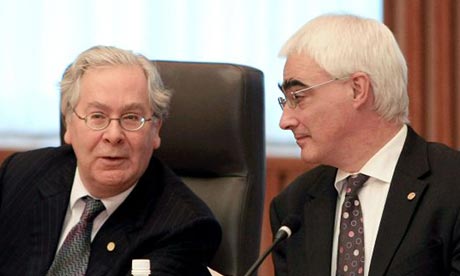
This is more of an update on a previous blog I did but it is a story that I have followed closely for a variety of reasons.
The news came in today that the Sotomayor decision that was up for review by the Supreme Court had been reversed by a 5-4 majority. I searched via twitter to check for reaction in the States and was surprised by what I found. A lot showed very little knowledge of the case and took to the assumption that Sotomayor was discriminating against white people; even amongst the educated class.
If this was the reaction amongst some academics you can only begin to imagine what the wider public thought. As well as the offensive cartoon above, many more people took her decision as an attack on white people in general. Others were just plain racist.
The truth of the matter is that she is likely to be confirmed anyway. She has an outstanding background as a prosecutor, lawyer and judge and there is the obvious political difficulty with attacking a Hispanic nominee. Plus the Senate will look at the New Haven decision but certainly more objectively than the American public.
One more sensible 'tweet' points out that even if Sotomayor was present in the court, the decision would still have been the same. This is true if looking purely along liberal/conservative lines but often a judge can influence the whole court on decisions close to their heart, one only has to look at Safford Unified School District vs. Redding for an example.
So rather than looking upon the reversal as a potential roadblock to tenure, people ought to take note of what is to come from Sotomayor. A lady who feels strongly about discrimination could lead to major beneficial interpretations of the constitution in the future.







